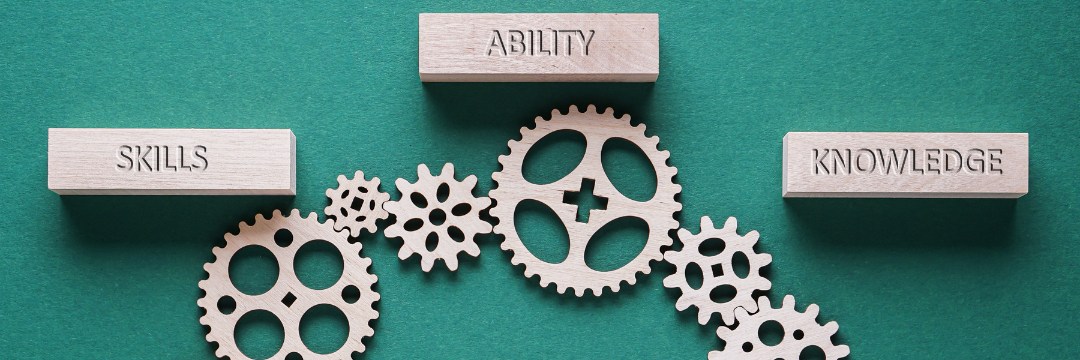
Top Skills You’ll Gain with a Master’s in Library Science Degree
A Master’s in Library Science (MLS) or Master’s in Library and Information Science (MLIS) equips students with a versatile skill set, preparing them for a wide range of careers in libraries, archives, information management, and beyond. These programs blend theory and practice, offering hands-on experience and advanced knowledge in managing, organizing, and disseminating information. Below, we explore the top skills you’ll gain while pursuing a master’s degree in library science.
1. Information Organization and Cataloging
One of the core focuses of library science programs is the ability to organize and manage information in various formats.
Key Competencies:
- Cataloging: Understanding metadata standards like MARC (Machine-Readable Cataloging) and Dublin Core for organizing resources.
- Classification Systems: Proficiency in systems such as the Dewey Decimal Classification and Library of Congress Classification.
- Indexing and Taxonomy Development: Creating logical and accessible structures for information retrieval.
These skills are crucial for managing collections in public, academic, or special libraries and are transferable to roles in data management and information architecture.
Learn more about Library Science Careers.
2. Research and Reference Services
MLS and MLIS students develop advanced research skills, enabling them to assist patrons or clients in finding accurate and relevant information.
Key Competencies:
- Reference Interview Techniques: Learning how to understand and address the specific information needs of users.
- Database Searching: Mastery of proprietary databases such as JSTOR, PubMed, and ProQuest.
- Citation and Bibliography Management: Familiarity with tools like Zotero and EndNote for managing sources.
Graduates often become skilled in guiding users through complex research processes, a valuable asset in both academic and corporate settings.
3. Digital Literacy and Technology Proficiency
With the growing importance of digital tools and resources, library science programs emphasize training in modern technologies.
Key Competencies:
- Digital Libraries: Managing electronic collections and digital archives.
- Emerging Technologies: Familiarity with tools like artificial intelligence (AI), machine learning, and blockchain in information systems.
- Integrated Library Systems (ILS): Operating systems like Koha and Ex Libris for managing library operations.
These technical skills make graduates adaptable to roles in technology-driven industries, such as IT consulting and digital content management.
4. Communication and Instructional Skills
Effective communication is a cornerstone of librarianship. Whether teaching users how to navigate resources or collaborating with colleagues, strong communication is essential.
Key Competencies:
- Instructional Design: Creating workshops and tutorials for teaching research skills or digital tools.
- Public Speaking: Leading presentations or community outreach programs.
- Collaborative Teamwork: Working with diverse teams in library settings or cross-disciplinary projects.
These skills are valuable not only in library roles but also in education, nonprofit leadership, and corporate training.
5. Data Management and Analysis
Modern library science programs increasingly emphasize data management as a critical skill for information professionals.
Key Competencies:
- Data Curation: Managing and preserving datasets for future use.
- Data Visualization: Presenting information in accessible formats using tools like Tableau or Power BI.
- Analytics: Using statistical methods to assess library operations and user engagement.
These abilities prepare graduates for roles in data-intensive fields like market research, user experience (UX) design, and knowledge management.
6. Leadership and Management Skills
For students aspiring to leadership roles, library science programs provide training in administration and strategic planning.
Key Competencies:
- Project Management: Leading initiatives such as digitization projects or collection development.
- Budgeting and Resource Allocation: Managing finances in library settings.
- Policy Development: Crafting policies to ensure equitable access to resources.
These skills are essential for roles such as library directors, department heads, or program managers.
7. Cultural Competency and Advocacy
Librarians often play a vital role in promoting inclusivity and advocating for underrepresented communities.
Key Competencies:
- Cultural Awareness: Understanding diverse user needs and tailoring services accordingly.
- Advocacy: Championing intellectual freedom, literacy, and equitable access to information.
- Community Engagement: Building partnerships with local organizations and stakeholders.
Graduates equipped with these skills can make a significant impact in public service and nonprofit sectors.
